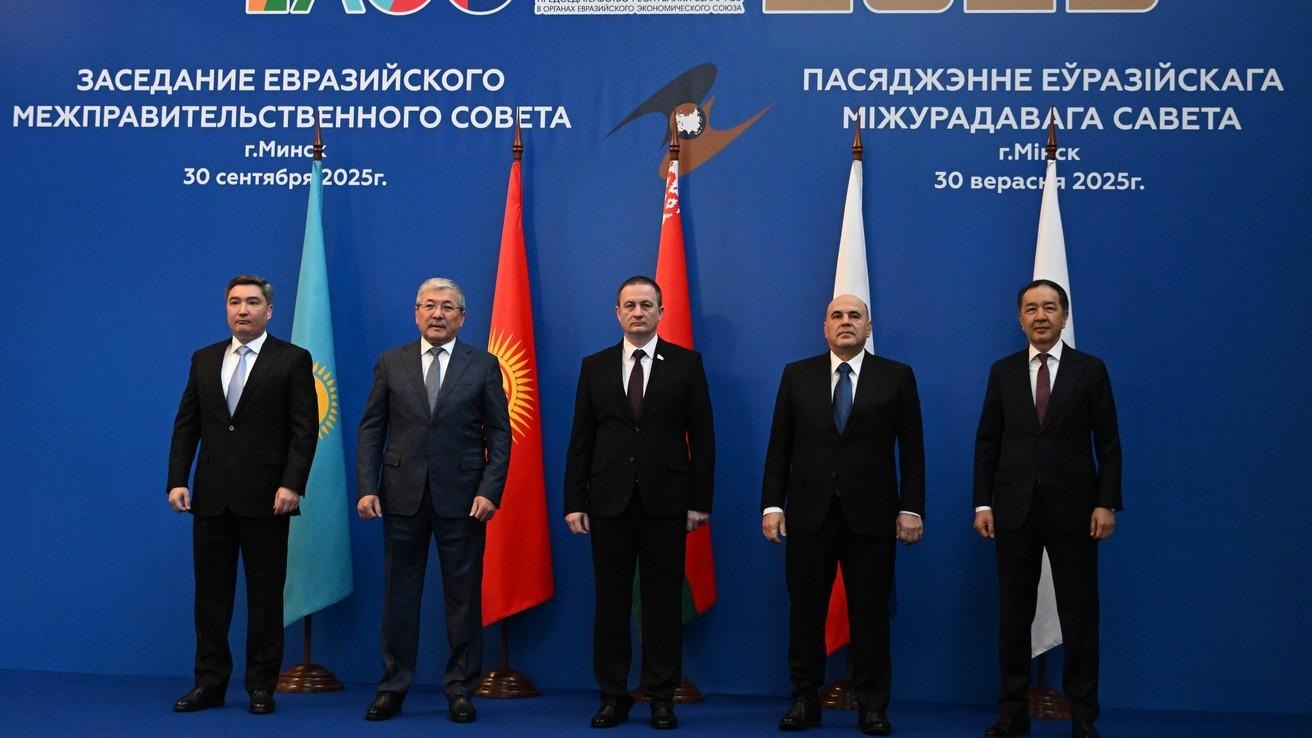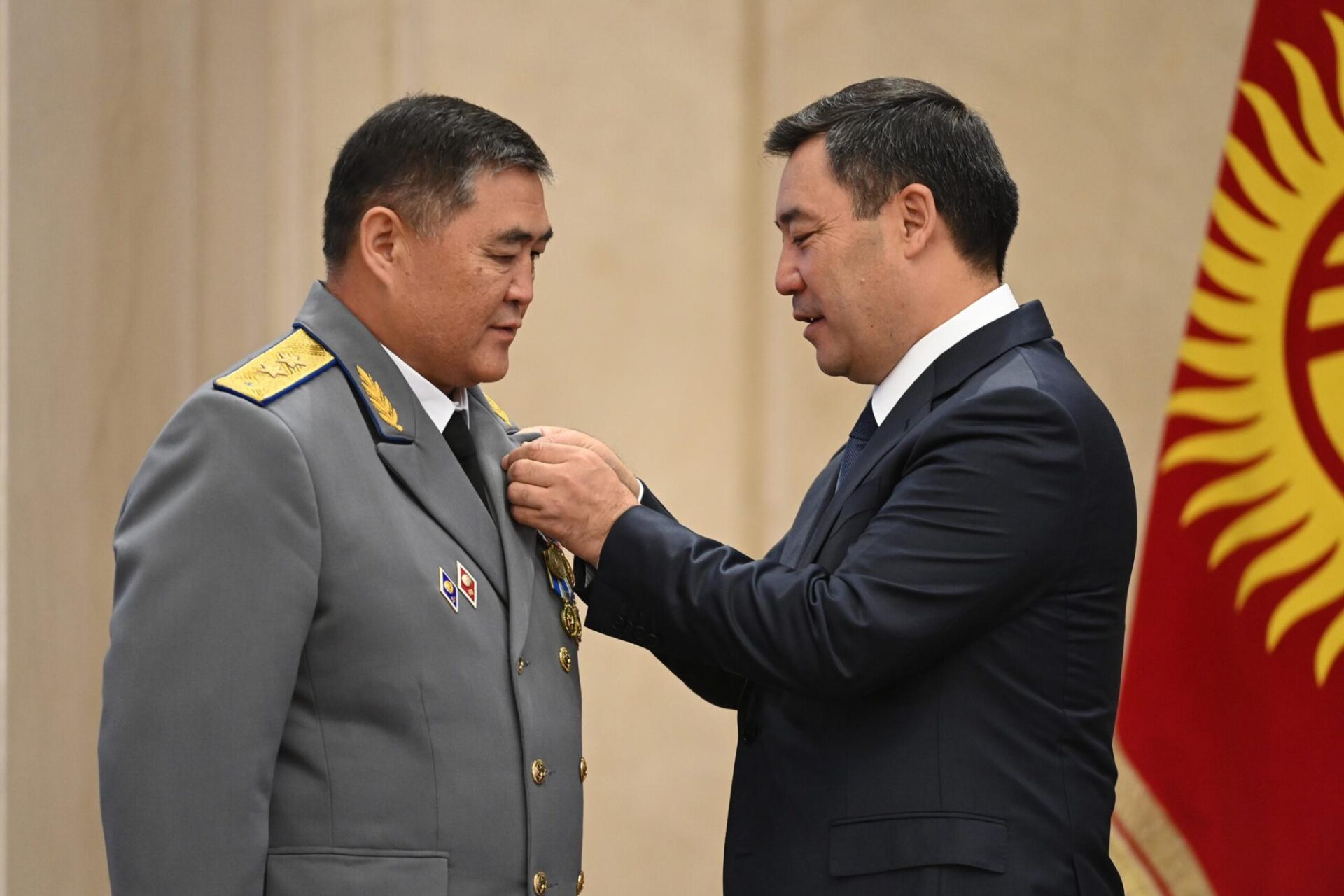Moscow Plans to Dispatch Ethnic Russians to the North Caucasus
By Valery Dzutsev
On March 22, the current Prime Minister of Russia and the next President of the country, Vladimir Putin, held a government meeting dedicated to his campaign promises. One of the responding ministers, Minister for Regional Development Viktor Basargin, said that his agency was preparing a plan for a massive return of ethnic Russians to the North Caucasus that would be ready in “3-4 months” (https://premier.gov.ru/events/news/18490/, March 22). Basargin quoted Putin’s article on ethnic issues that was published on January 23, 2012 in the run up to presidential elections in Russia. In the article for the first time the top Russian official agreed with the Russian nationalists’ long-held claim that [ethnic] Russian people are the “core” people of Russia that hold the country’s “matrix” together (https://www.ng.ru/politics/2012-01-23/1_national.html, January 23).
Now the Russian government seems to be intent on implementing this idea in practice and the North Caucasus should become the “pilot project” in this regard, according to minister Basargin (https://premier.gov.ru/events/news/18490/, March 22). According to the Russian observer Alexander Podrabinek, Moscow plans to dispatch 50,000 families to the North Caucasus per year. Podrabinek wonders where these people would come from (https://www.ekhokavkaza.com/content/article/24525457.html, March 22). The government in Moscow appears to be especially concerned about ethnic homogeneity of Ingushetia and Chechnya, where only negligibly small ethnic Russian populations are left in place.
Ironically, the Russian government’s plans to relocate ethnic Russians to the North Caucasus to affirm control over this region in the long run might backfire and end up alienating even those territories that have been relatively calm. Indeed, the North Caucasus is one of the most densely populated areas in the Russian Federation. The region suffers from a lack of jobs, but not a lack of a workforce. While highly skilled workers might still be in demand in the North Caucasus, there are very few enterprises that need high skilled labor. Even if Moscow found those extra 50,000 ethnic Russian families willing to relocate to the North Caucasus, they would largely compete for livelihoods with the locals, resulting in skyrocketing conflicts between the native people of the region and ethnic Russians.



